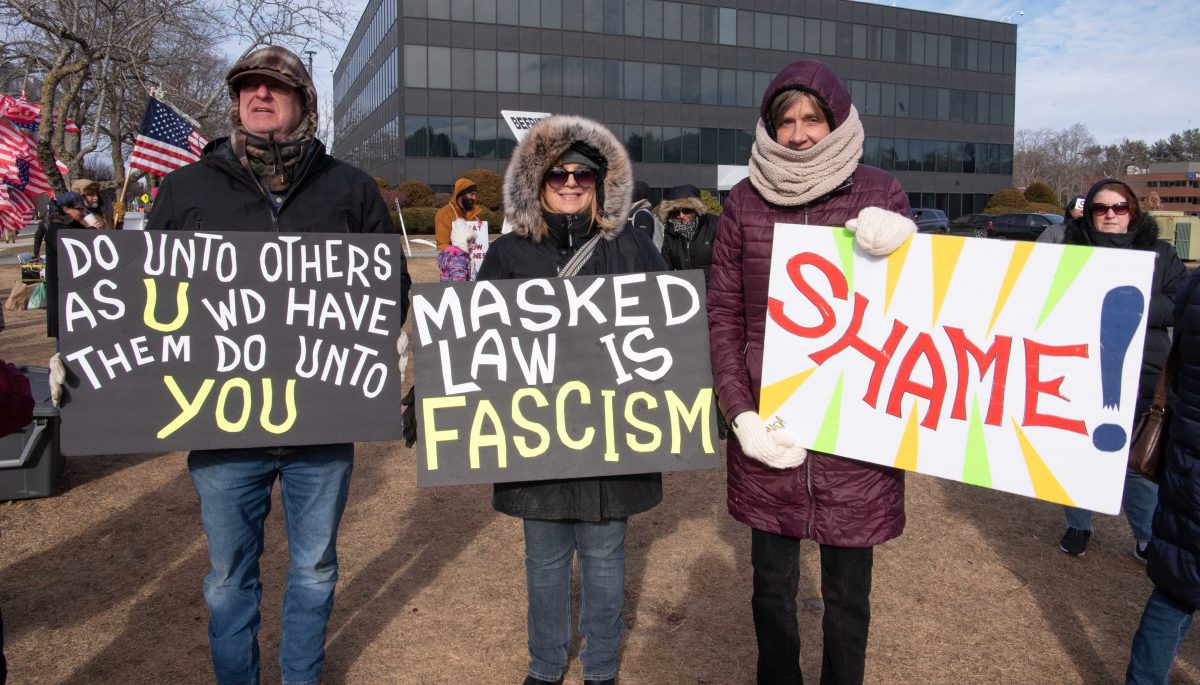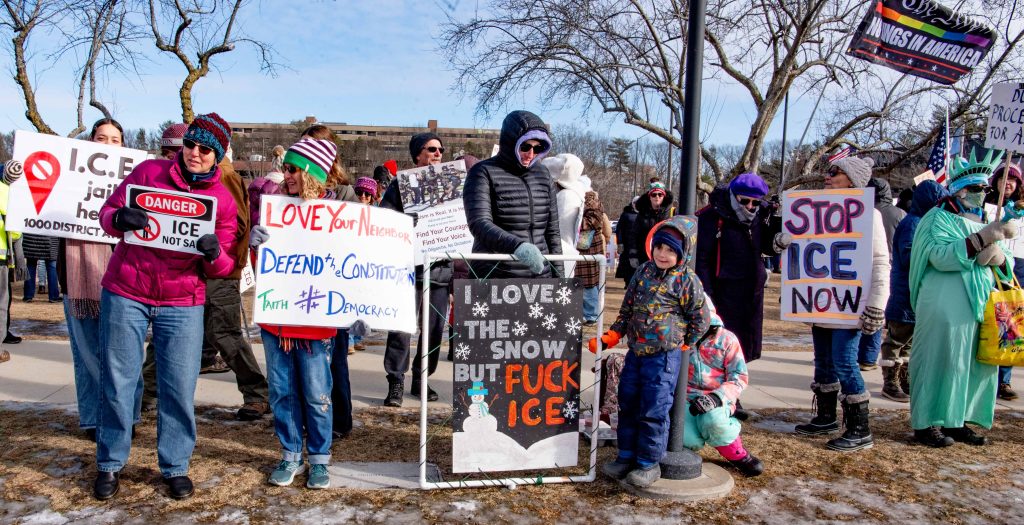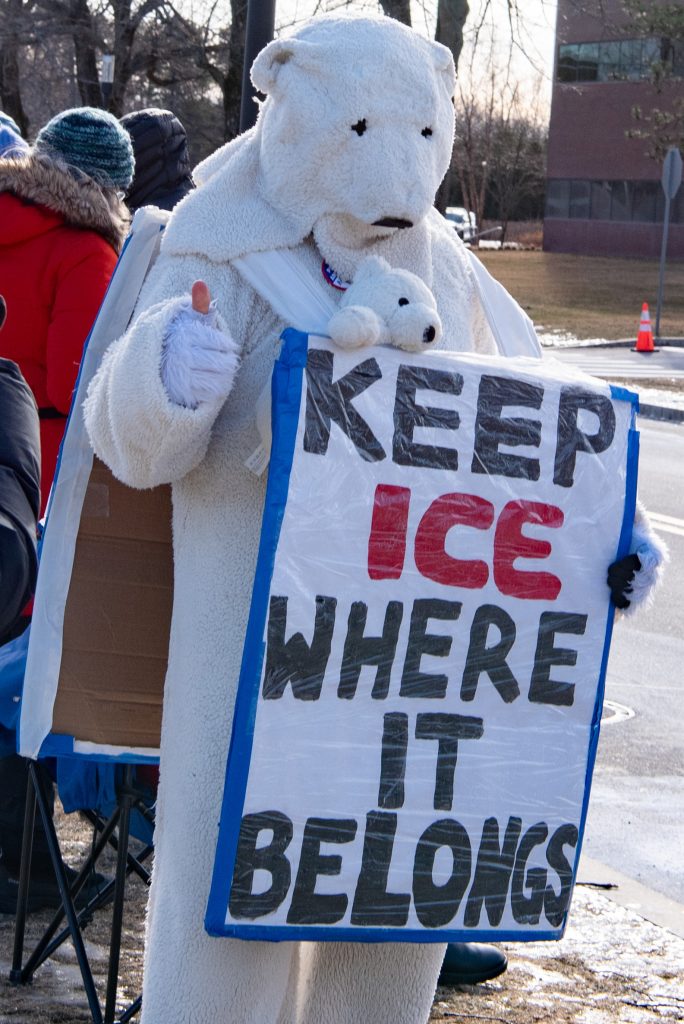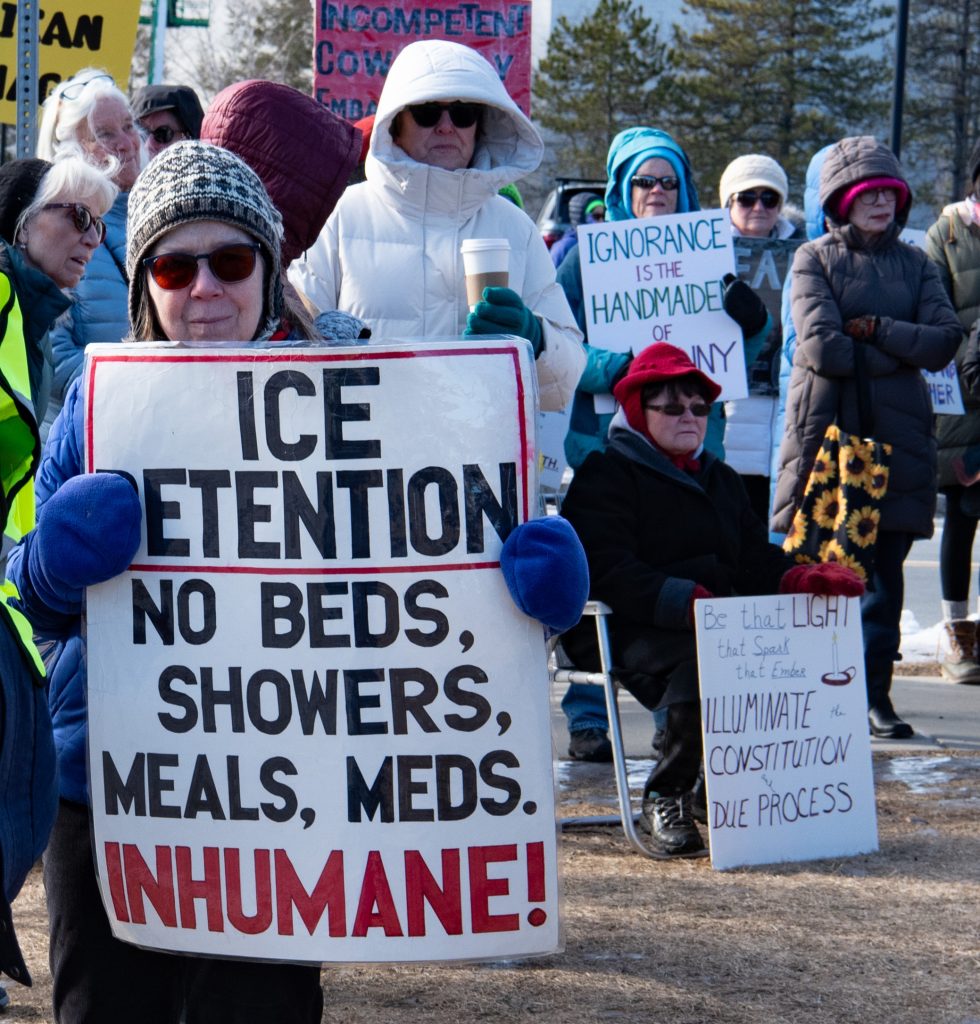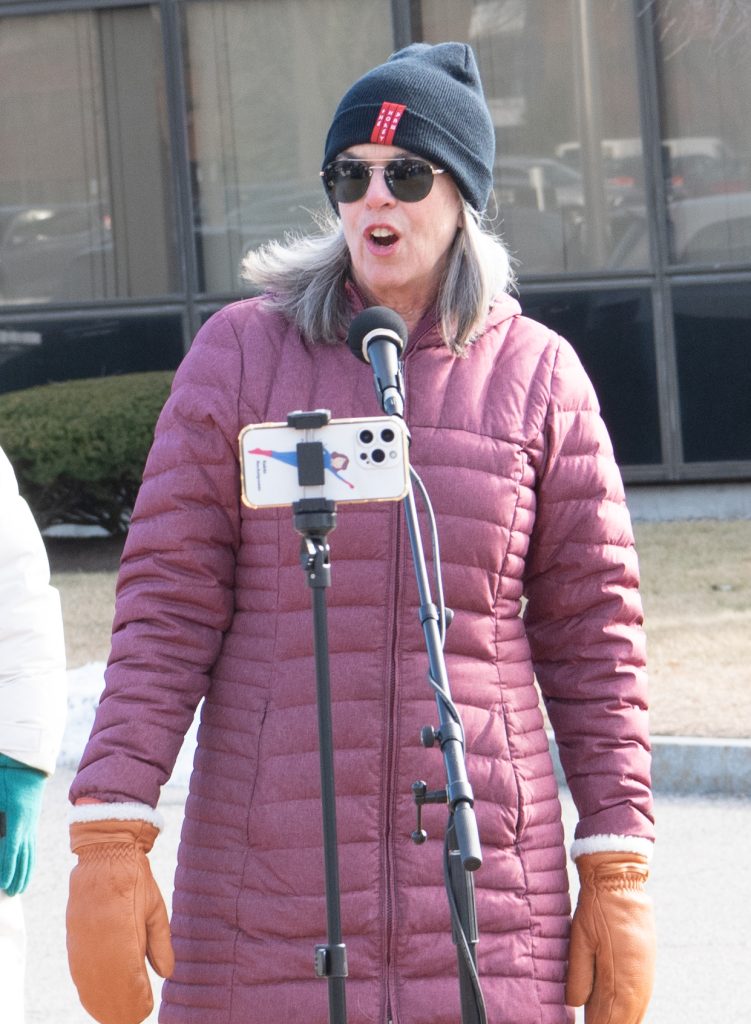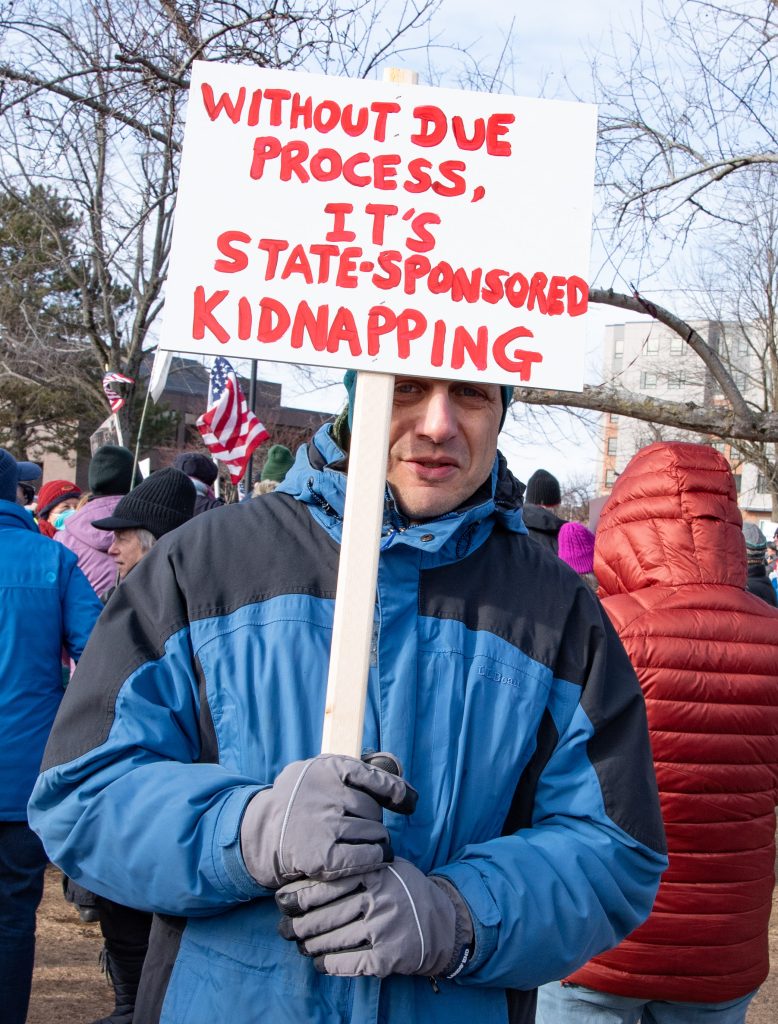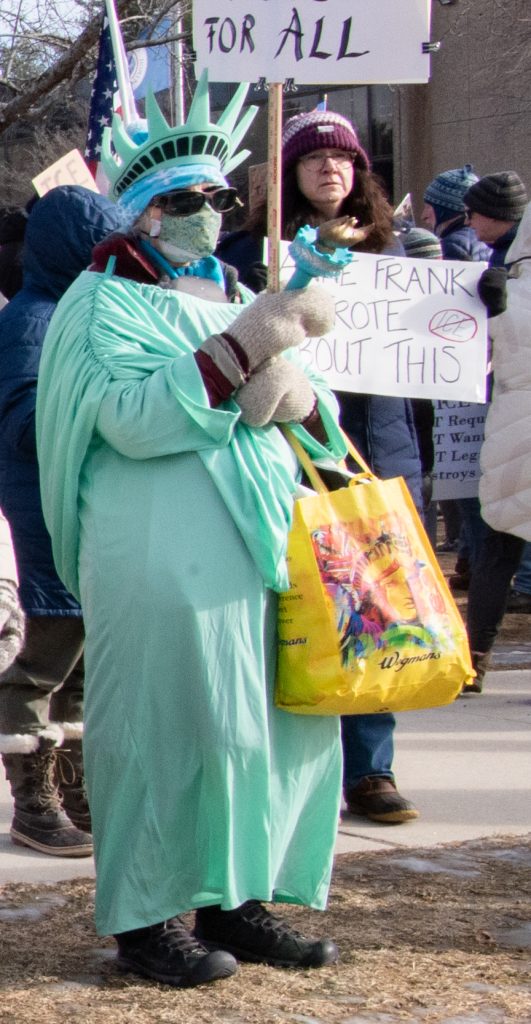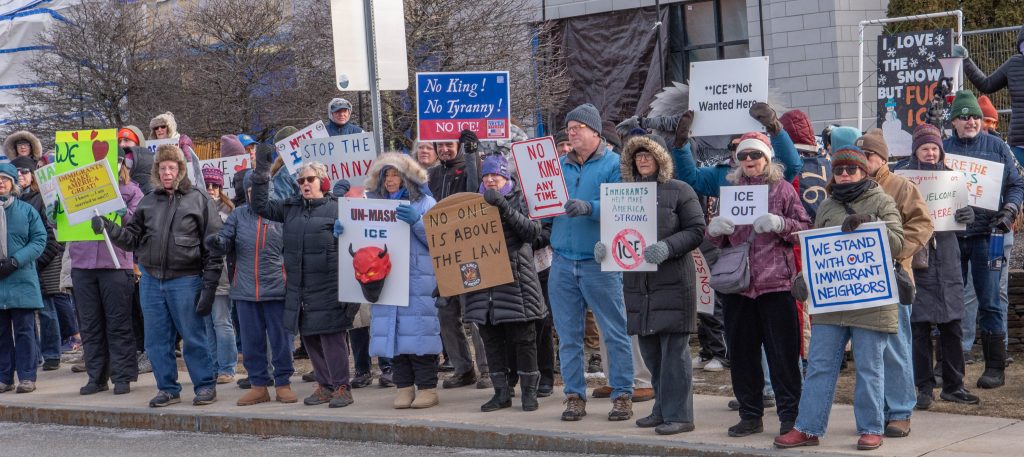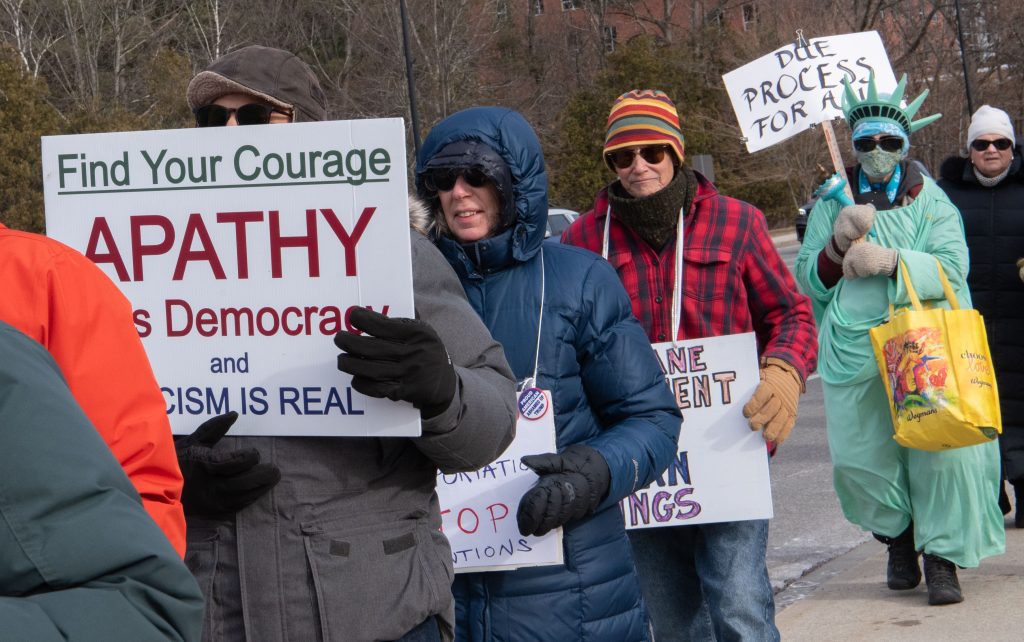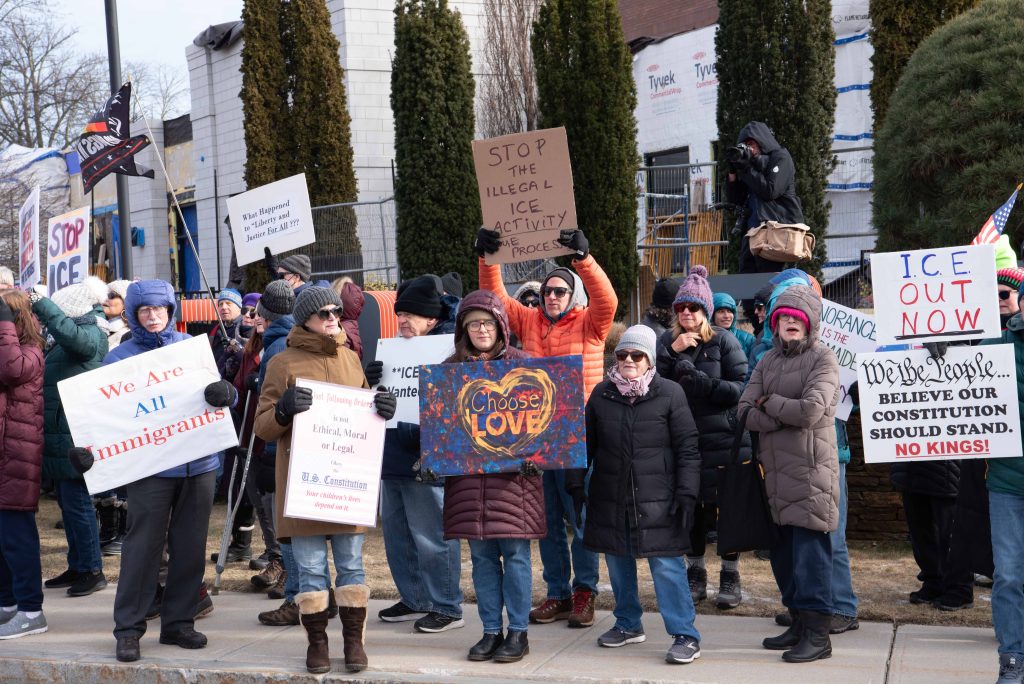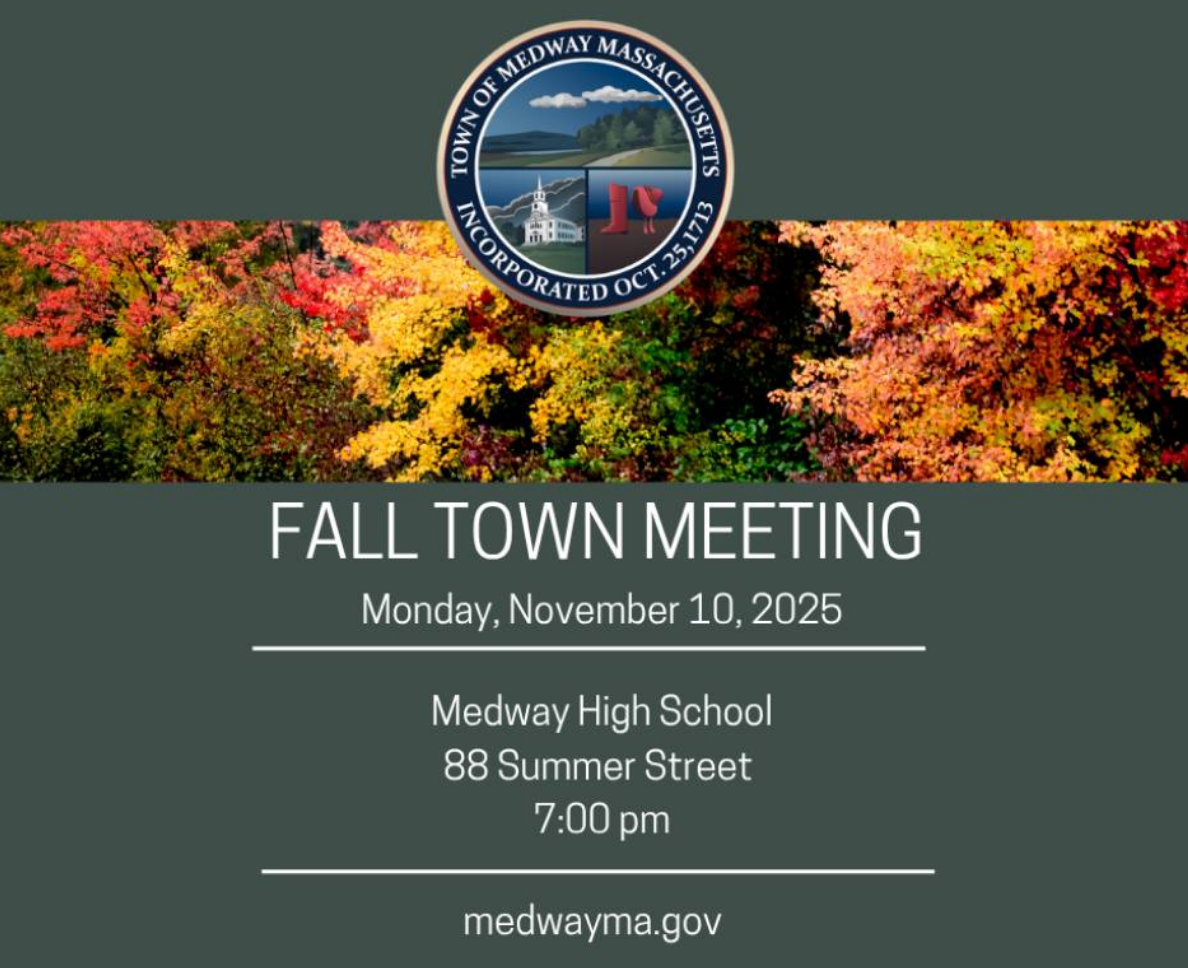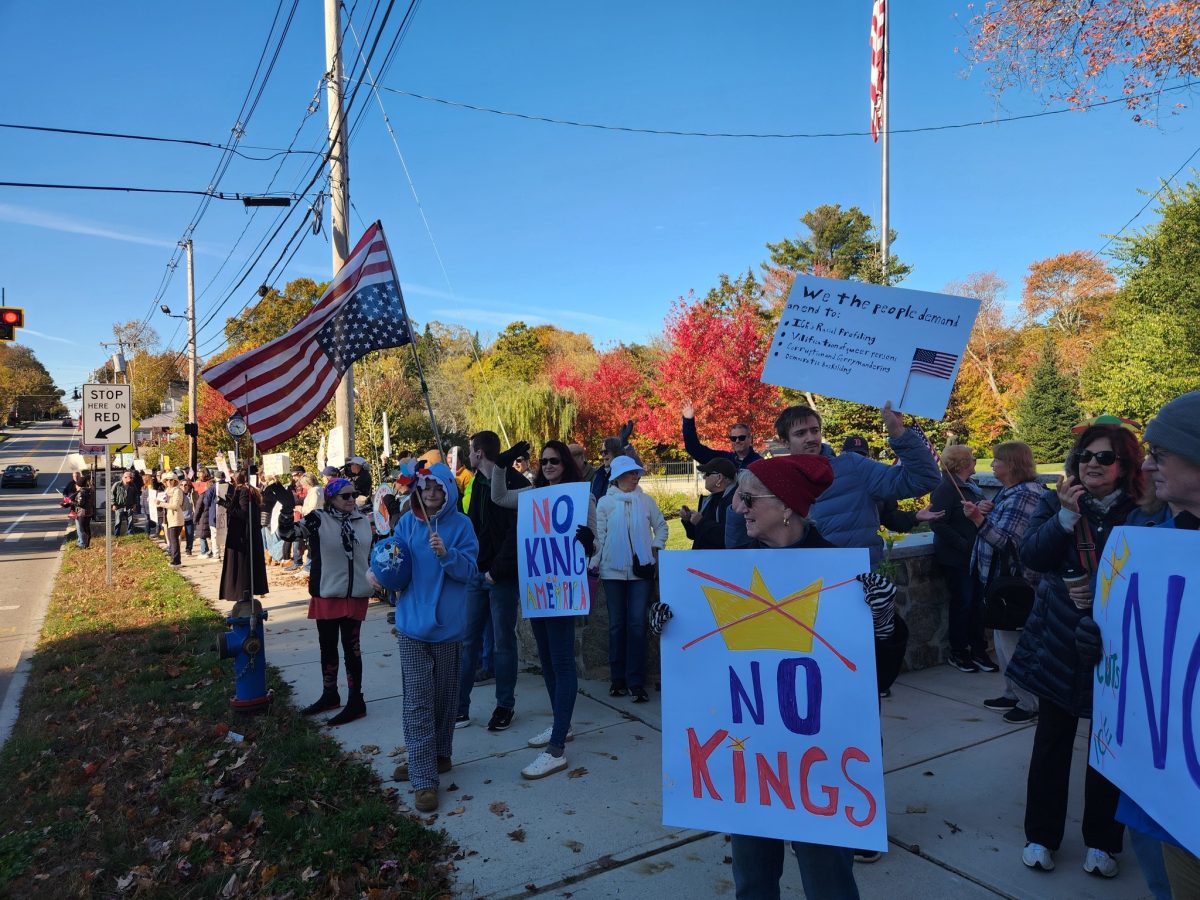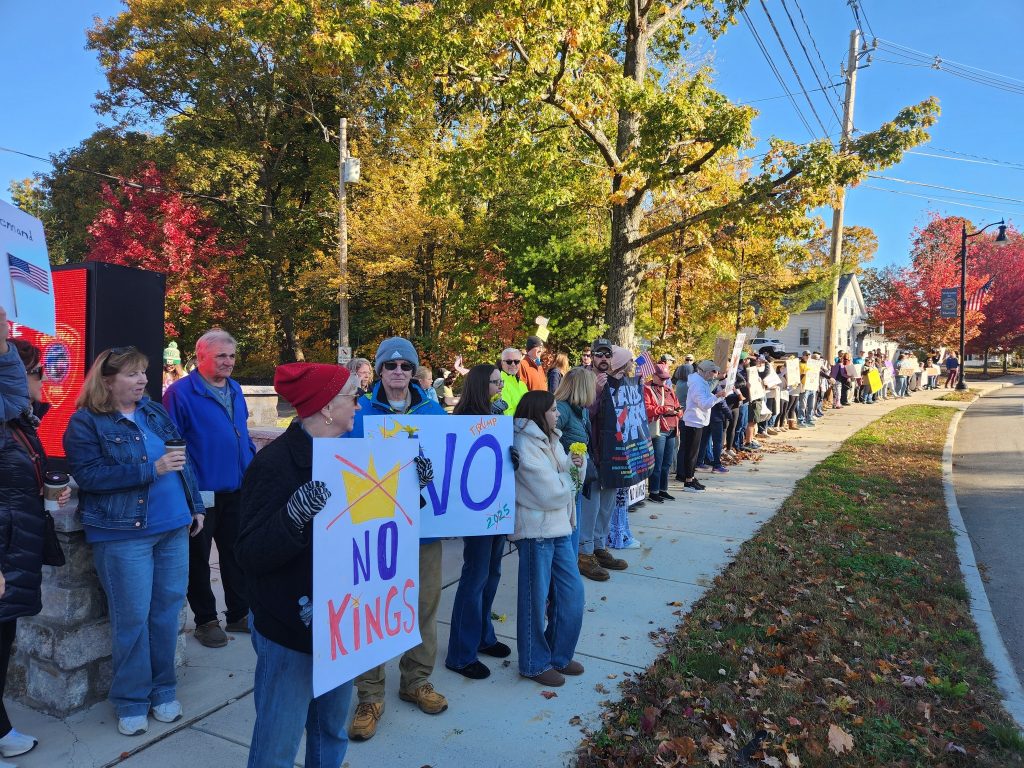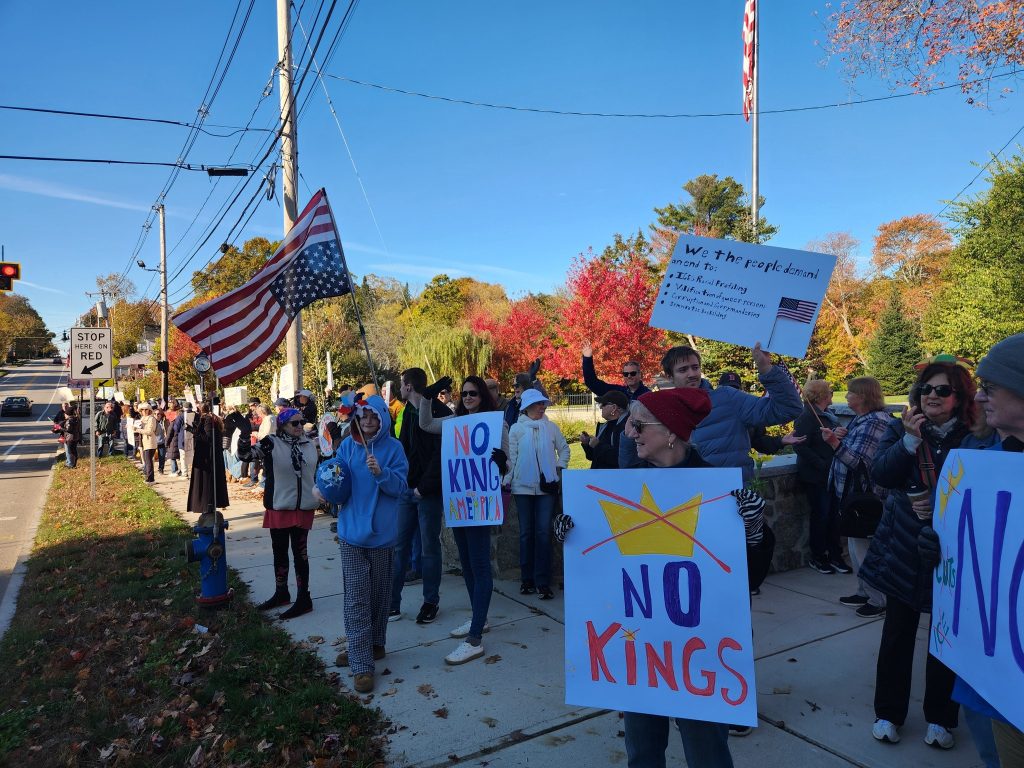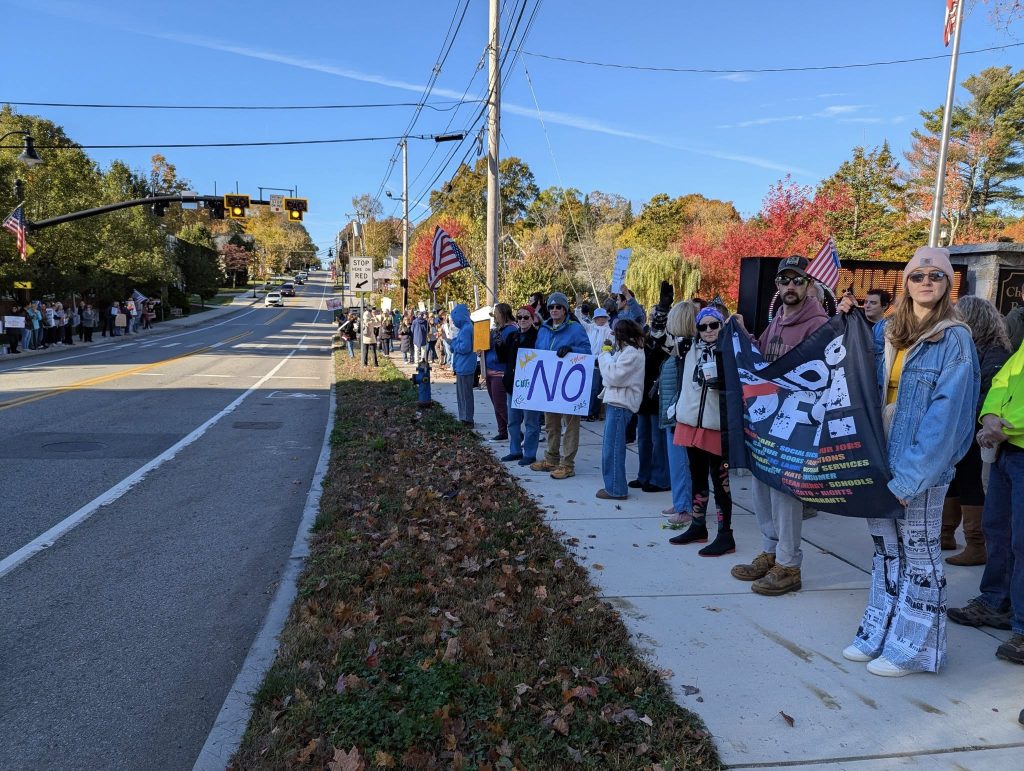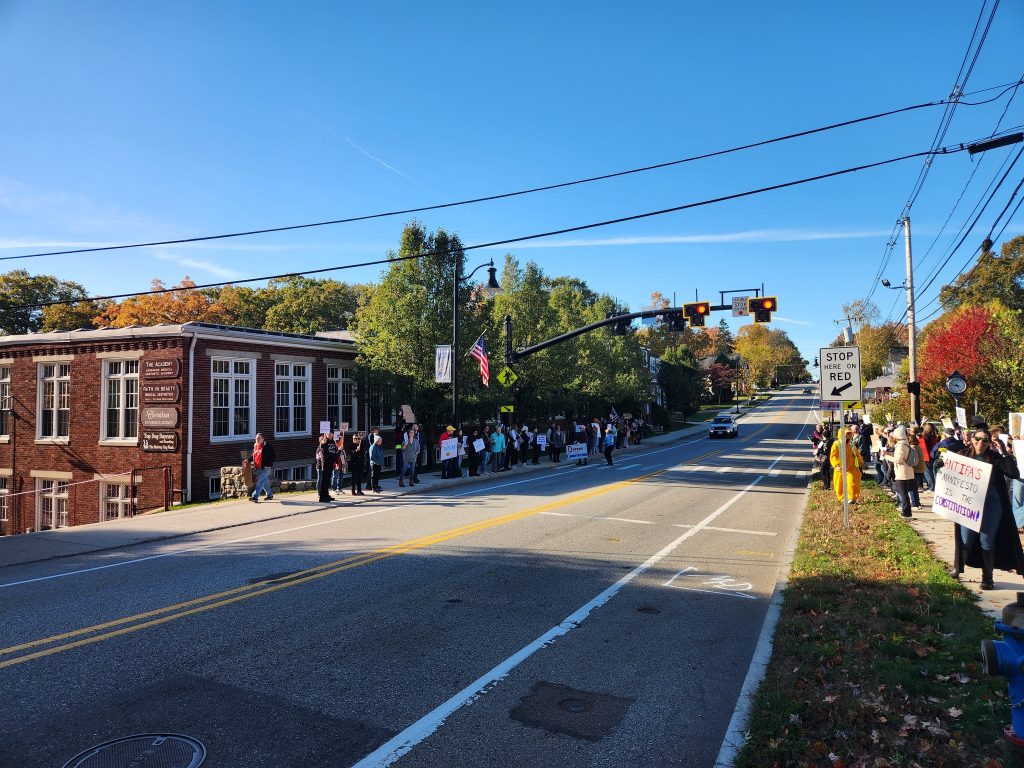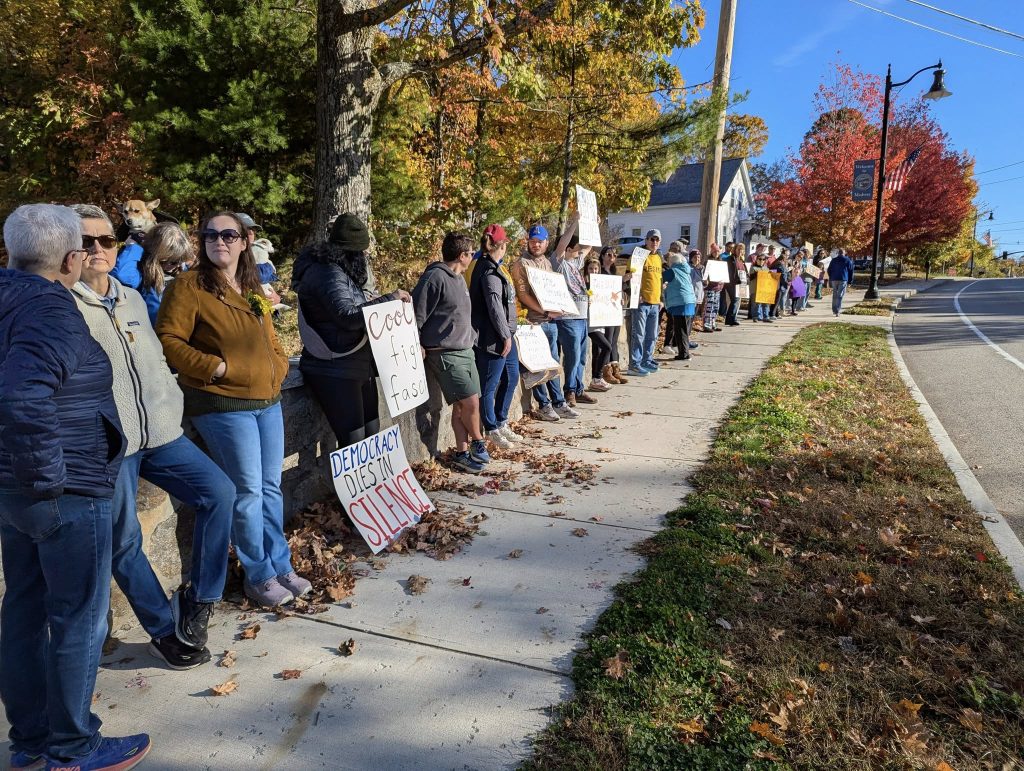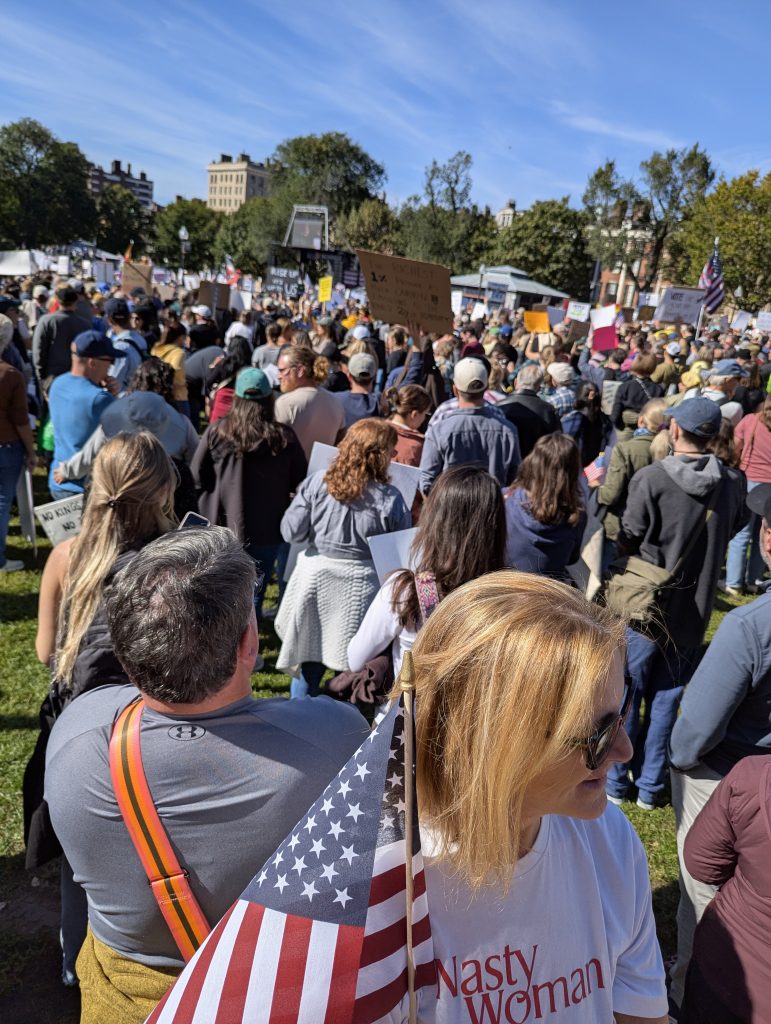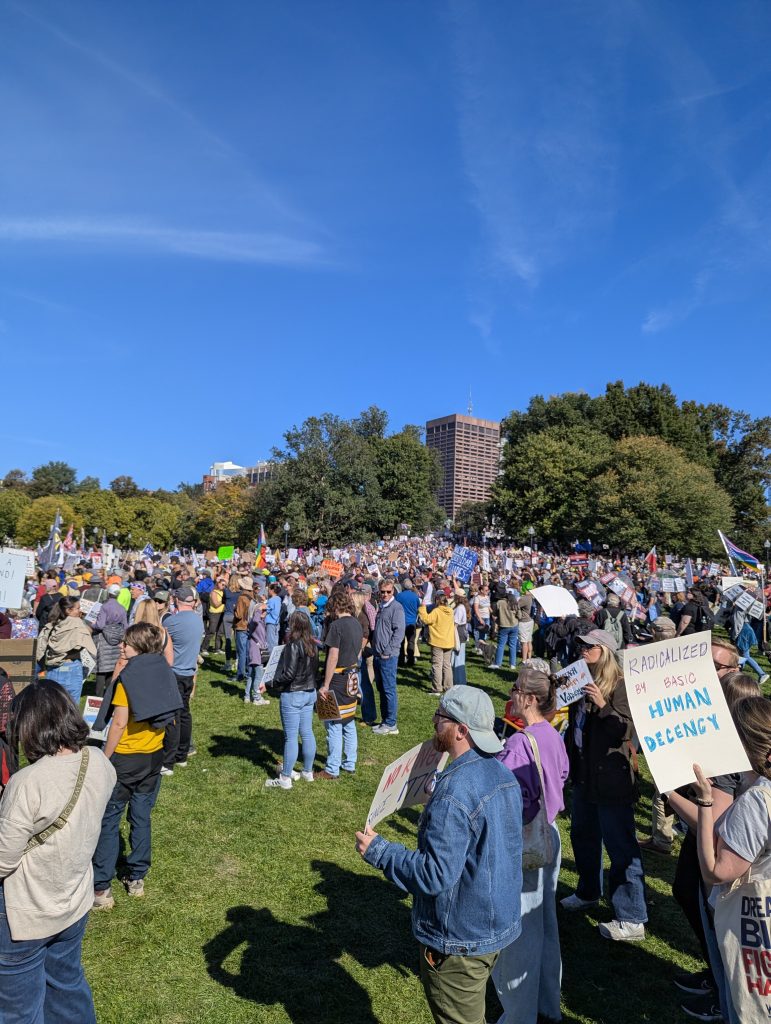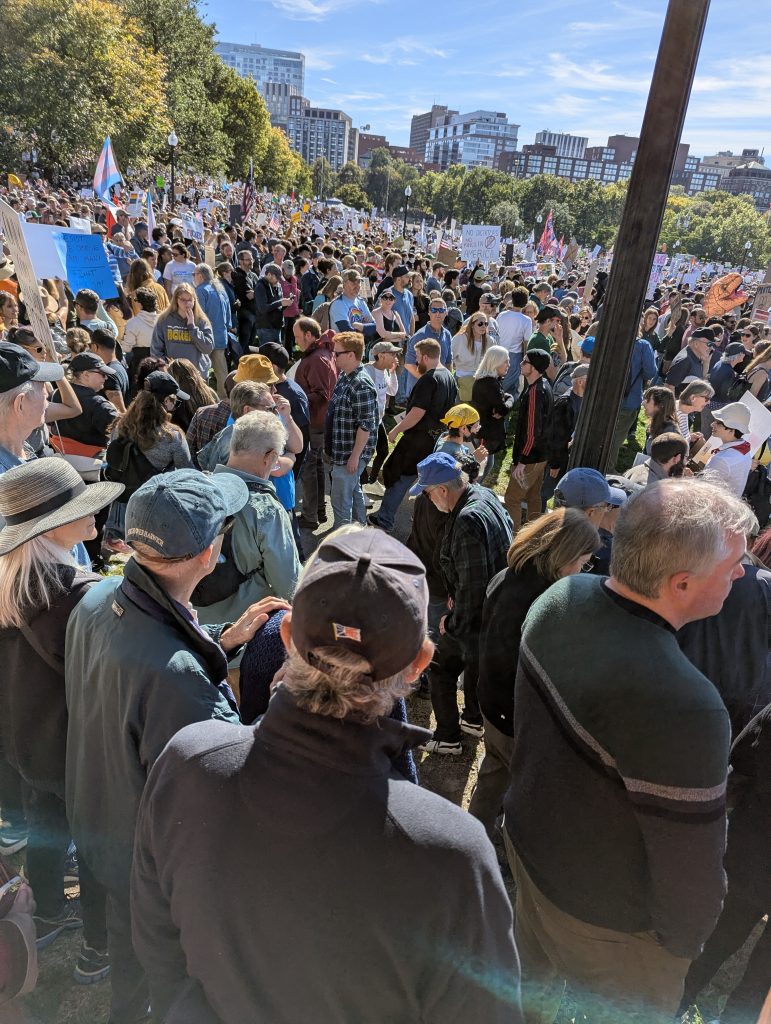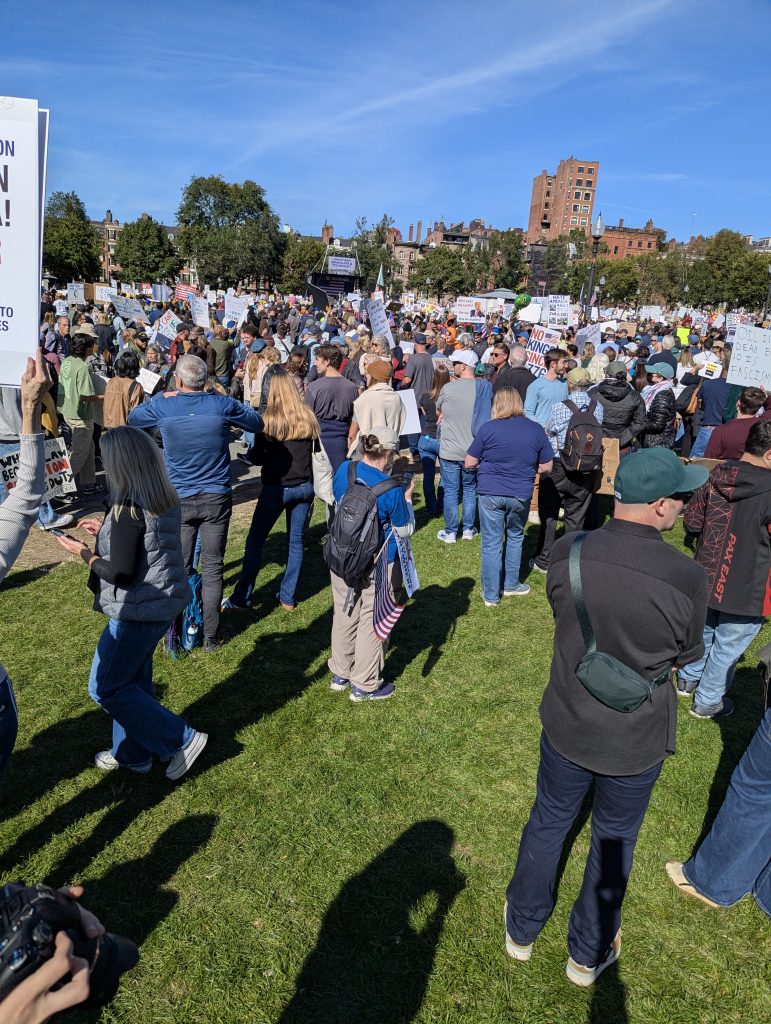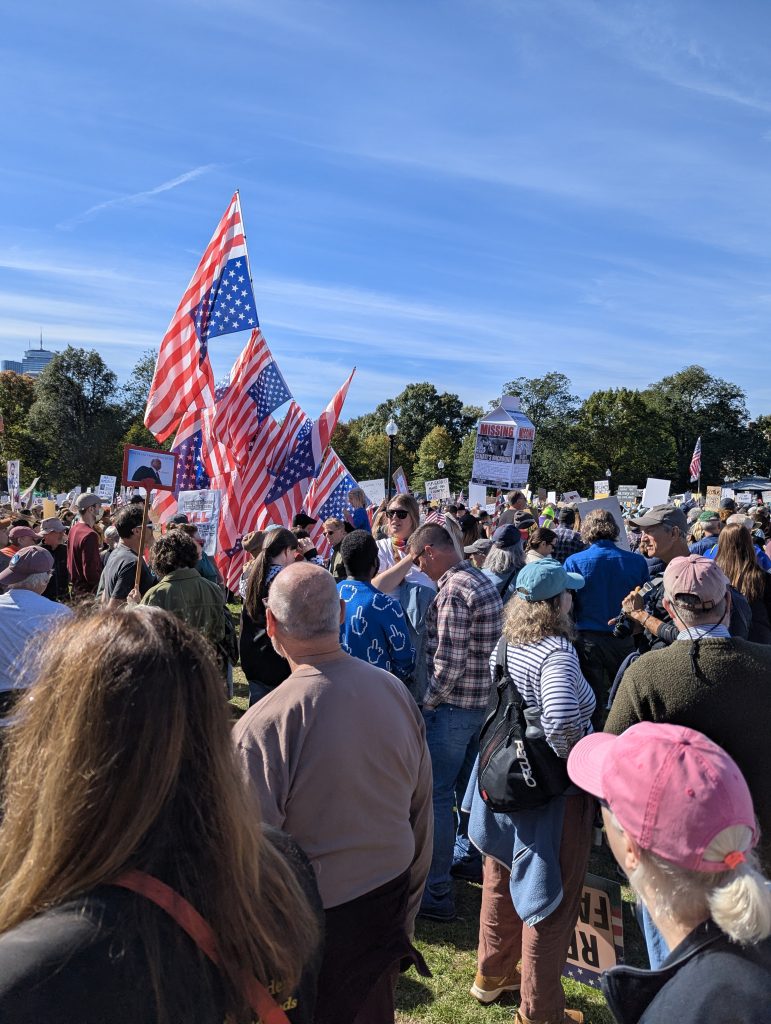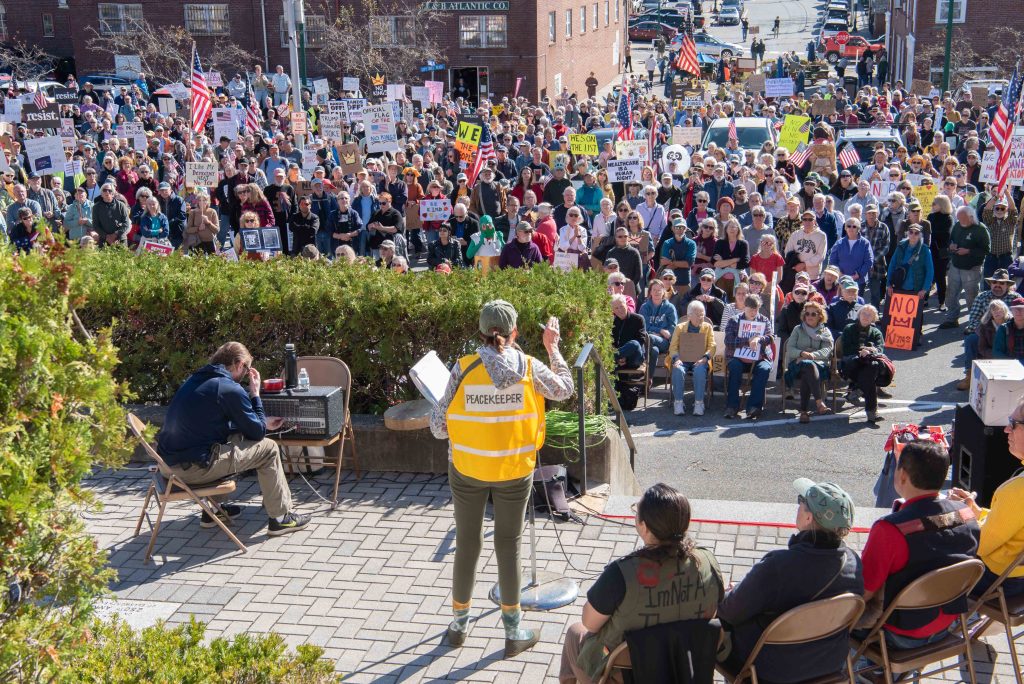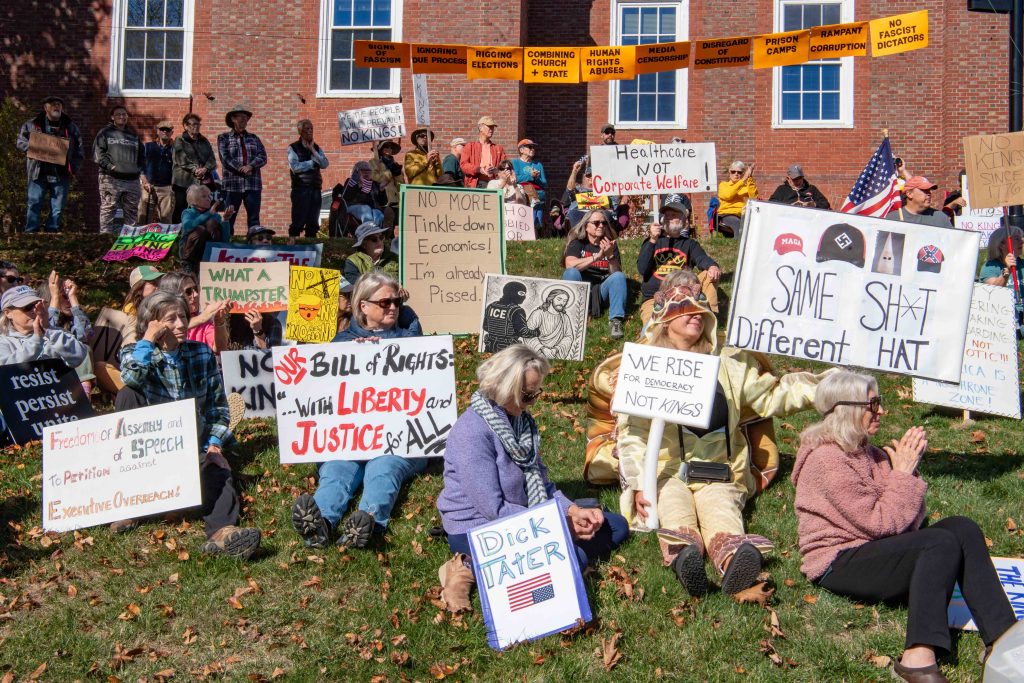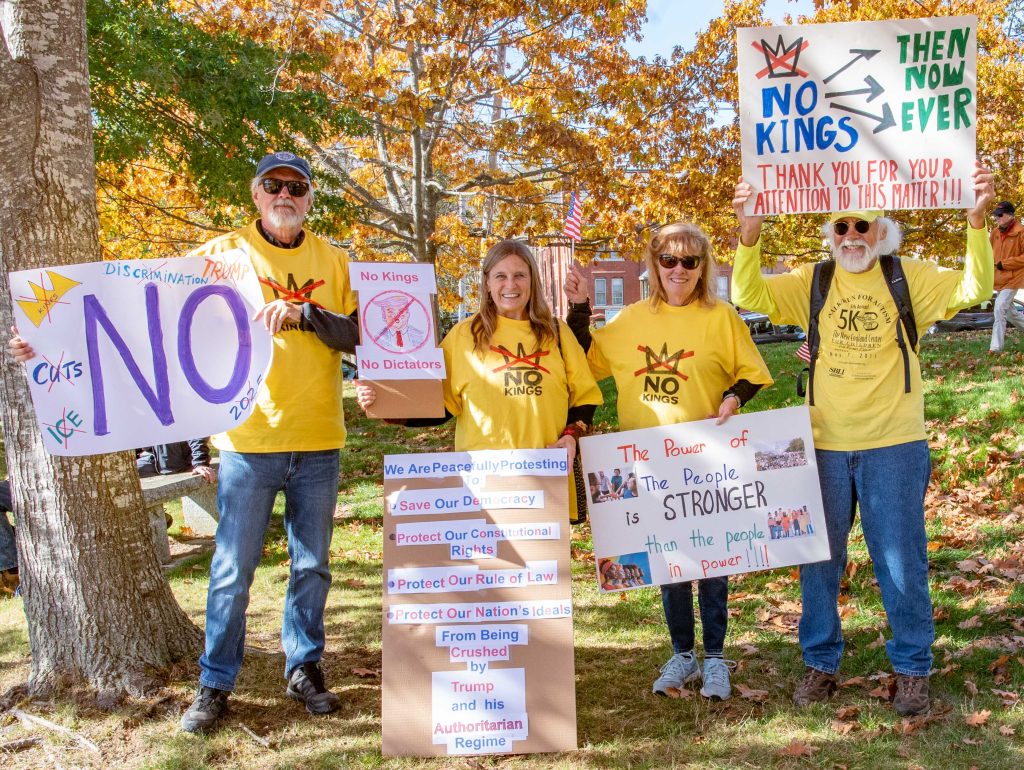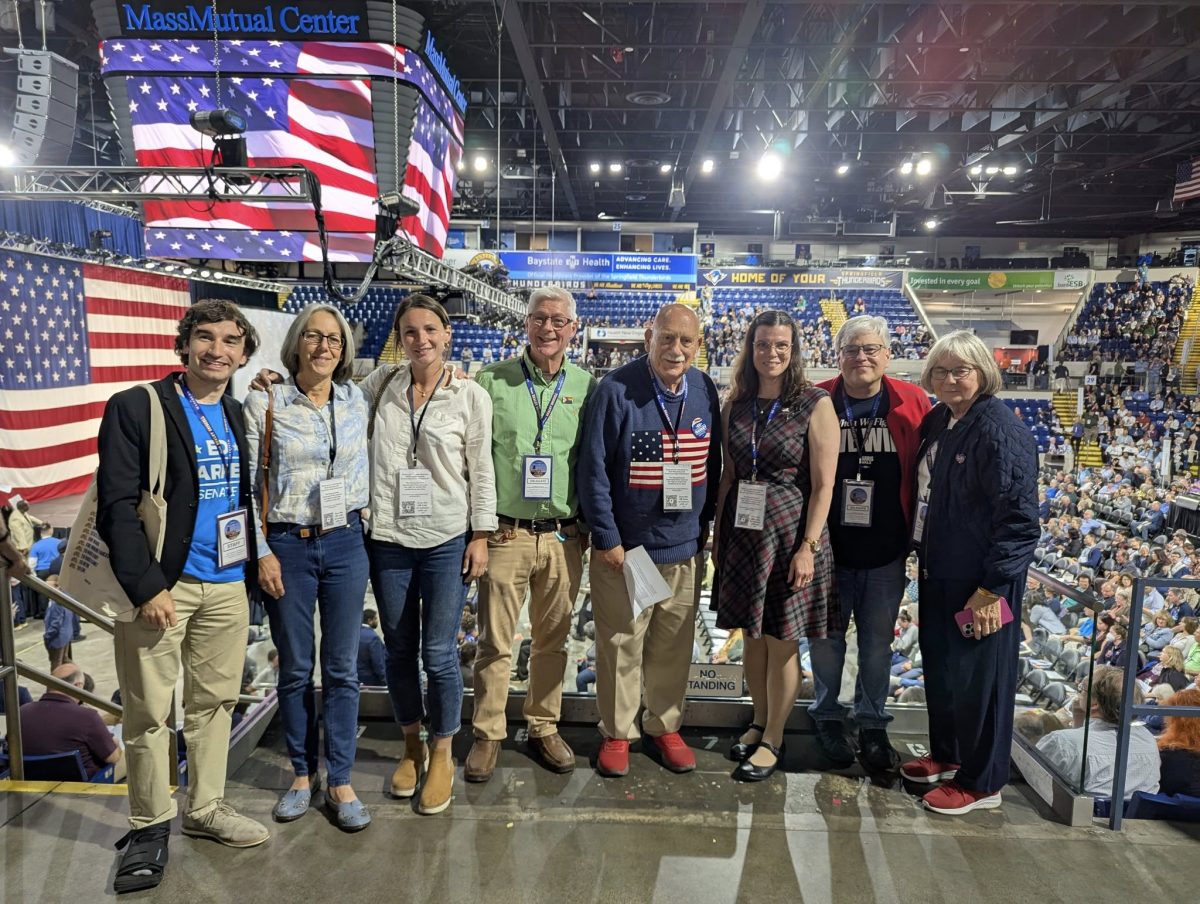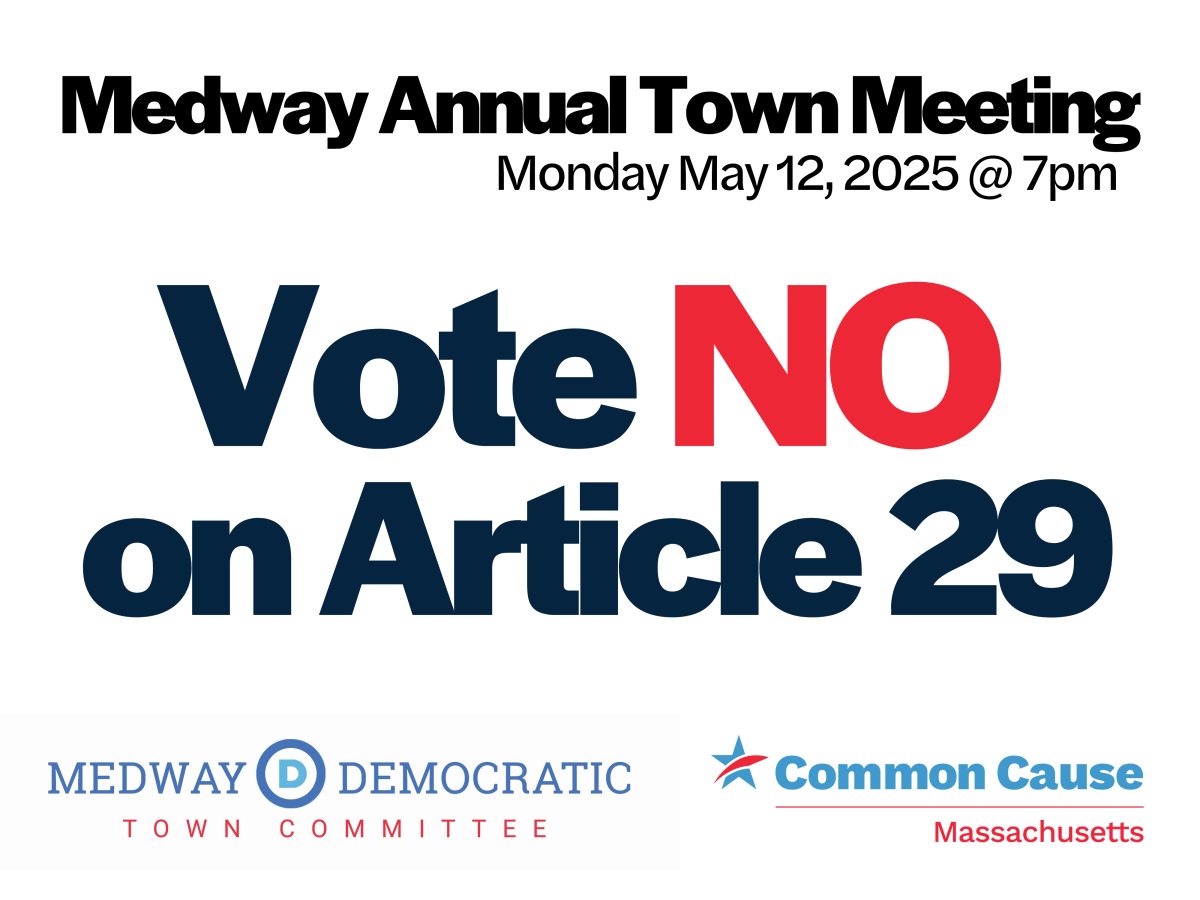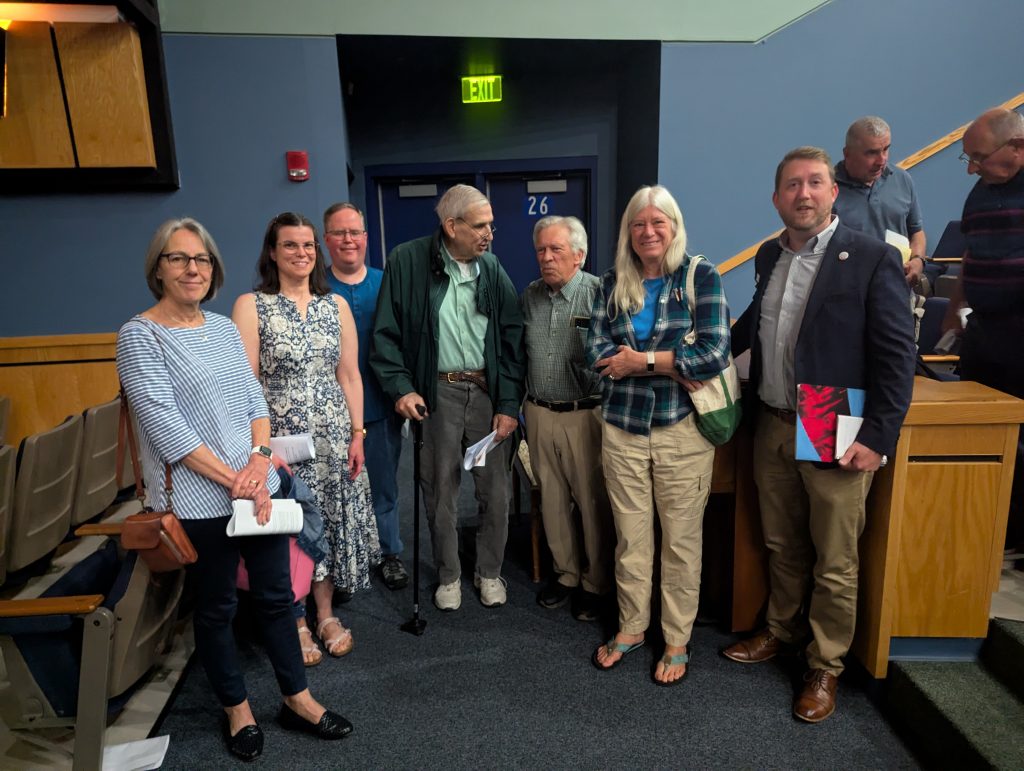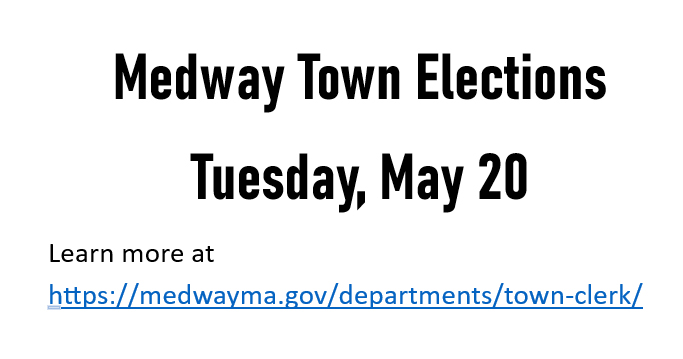FYI: GREGORY THOMAS PEVERILL-CONTI has withdrawn from the race for Library Trustee. It is too late for the ballot to be modified. DO NOT vote for Greg!!
We asked candidates to attend our Candidates Night, and to provide a statement. The candidates who responded are below.
Election Info
Town Moderator – one 3 year term
Laura Mullen
As your current Town Moderator, I am eager to serve another term. Over the past three years, I have worked with residents, elected officials, and Town Hall staff to make Medway’s Town Meetings accessible, understandable, and welcoming events where attendees know that their voices matter. Free babysitting during meetings, electronic voting outreach and implementation, and collaboration with stakeholders to ensure organized meetings are three of my accomplishments. I have also worked with chairs of the Select Board, Finance Committee, and School Committee to appoint members of the Finance Committee and a member of the Tri-County Regional Vocational Technical School Committee. A less visible role is my membership in the Massachusetts Moderators Association to stay up-to-date on issues affecting Town Meetings.
All Medway residents, including the three generations of my family who live in town, will feel the outcome of votes at Town Meeting. I am invested in doing my very best to ensure that Town Meetings are efficient and transparent. Whether it is a person’s first or fiftieth time at Town Meeting, it is my job to make sure voters understand the process and can participate appropriately. With your vote on May 20, I can make this happen.
Library Trustees – two 3 year terms
FYI: GREGORY THOMAS PEVERILL-CONTI has withdrawn from the race for Library Trustee. It is too late for the ballot to be modified. DO NOT vote for Greg!!
Naomi Price
I have been a resident in Medway for 38 years and own a house on Holliston St. I am married to Stephen D. Price, retired, and have two grown children, Ben and Hannah Hutt. One of the first things I did after moving to town was to get a library card. My mother was a medical librarian and I have been a lifelong library user. I raised Ben and Hannah here in Medway and brought them to the library as well. During the Pandemic, the library was a lifeline. I don’t know how I would have survived if our wonderful librarians had not found a way to provide contactless book pickup. In my work life, I have spent my career providing information, most recently at Informa Markets – Engineering as a conference director, where I enjoy planning the educational content for our engineering industry events. Now that I am nearing retirement age, I would like to give back to Medway and to the library by serving as a member of the Medway Board of Library Trustees. Politically, I am a Democrat and strongly believe that everyone, regardless of who they are, should have free access to learning, knowledge, entertainment, and factual information unfiltered by censorship. Our library offers exactly that, along with our excellent staff of librarians who can help residents to locate accurate information from reliable sources. I am a long-time member of the Friends of the Library and believe that our library staff, the Library Trustees, and the Friends of the Library would benefit from working more closely together for the betterment of the library’s services as a whole.
Seth Kendall
As a long time volunteer and member of the library community, I would be honored to serve on the Library Board of Trustees. I hold BS and MS degrees in Digital Media, I work as an Animation Director in the entertainment industry, and I have taught animation and digital art classes at colleges for most of my career. I have been a regular volunteer at the library for years, particularly running the Arduino Coding and Robots workshops, together with my son, as well as the Adult Board Game Nights. Through these programs, I have formed strong relationships with the library staff and members of the community. In addition, I have served on the Medway Design Review Committee and am currently a Director at the New England Sci-Tech non-profit makerspace in Natick, where I teach several classes for youth around coding and electronics, as well as create promotional videos, ads, and other marketing materials. I believe that my experiences and relationships make me a good fit for our unique library here in Medway. We are truly lucky to have a library with such a fantastic staff and community, great free programs, and a world class makerspace. As an avid maker, artist, and teacher, I have always felt at home here. I do believe strongly, however, that the board needs new faces and new ideas. As you may be aware, the library board has, unfortunately, become a source of discord and tension within the library community, and I believe in a fresh approach, centered around collaboration, cooperation, respect, and transparency. I would like to make fresh efforts to solicit community feedback and involvement, and ensure the library, its staff, and the Friends feel supported and valued for many years to come. Lastly, I plan to work with every tool at my disposal, be it policy making, budgeting, and political advocacy to protect our library, its funds and its patrons from external threats, such as the unprecedented federal budget cuts happening today. I encourage everyone to vote for fresh faces to the library board this election cycle, such as Naomi Price and myself, to get us back on a productive and cooperative track.
Nutan Mathew
As a dedicated Library Trustee for the past three years, I have proudly served our community with a clear vision: to ensure our library remains a vibrant, inclusive, and essential resource for all. With a Master’s degree in Education, specializing in Library Media Studies, and professional experience as a Library Media Specialist, I bring both academic expertise and real-world insight into the evolving role of public libraries. Within our community, I volunteer at the Medway Village Food Pantry and I have children in Medway Public Schools. I see first-hand that our community is evolving and growing, and the library is a place that should be a hub for new community members.
In today’s challenging climate, libraries are facing increased pressure—from budgetary constraints to political scrutiny. Now, more than ever, we need experienced leadership that understands these issues deeply and can advocate effectively for our library’s needs. I am well-versed in navigating these complexities and have a strong understanding of fiscal responsibility and strategic planning.
Over the past three years, I’ve worked to support policies that strengthen our services, expand programming, and promote transparency. I am especially passionate about fostering community engagement, ensuring our library reflects and serves the diverse needs of our patrons. I hope you will help me to continue this important work.
Experience matters. Passion matters. Knowledge matters. As we look to the future, I am committed to preserving what makes our library a cornerstone of the community while moving forward with innovative ideas and inclusive growth. I would be honored to continue serving and advocating for our library as your trustee for another term. Let’s keep our library thriving- together.
Please feel free to email me at nutanmathew@gmail.com at any time. I am happy to answer your questions and I thank you for your vote.
Housing Authority – one 3 year term
Paul Yorkis
I have been a resident of Medway since November 22, 1983. I registered to vote on Monday November 28 and then Town Clerk Fran Donovan asked me to drop off my resume to serve on the Conservation Commission. In early 1984 I was appointed to the Conservation Commission and have served the Town in the following different groups as a member, vice chair, or chair ever since: Planning Board, Economic Development Committee, Design Review Committee, Route 109 Design Committee, Idylbrook Farm Acquisition Committee, Master Planning Committee, Memorial School Building Committee, and Medway Redevelopment Authority.
For the past 34 years I have been a realtor. As a realtor, I have been the president of the Massachusetts Association of Realtors. I am one of twelve members of the HUD Housing Counseling Federal Advisory Committee, a group that advises HUD on policies directly impacting first time home buyers, veterans, and seniors as well has housing counseling agencies and certified housing counselors. As a former builder, I have built affordable housing units with permanent deed restrictions, to remain affordable.
I have written successful grant applications that resulted in the creation of Idyllbrook Park, design and engineering funds from the federal and state government and successfully lobbied for the federal funds for the reconstruction of Route 109/Main Street, and acquired funds for two pocket parks, one at Main and Mechanic Street and one at Coffee and Main Street.
The four sites owned and managed by the Authority are critical community assets: the Federal properties include Mahan Circle and Maple Lane while the State aided properties include Kenny Drive and Lovering Heights. The Authority also owns properties at 248 Village Street and 5 Country Lane that are managed by outside vendors. These facilities are home to many long-time residents. The facilities need updating in terms of energy efficiency and continued enhancements to comply with the American With Disabilities Act.
It is my hope and goal, if elected, to use my knowledge and experience to explore public and private funding sources to improve the facilities and perhaps explore the need for additional housing units with the executive director Hayle S. Fetrow and other authority members.
I am ready to serve and share additional ideas and explore how to enhance the services to the residents served by the Medway Housing Authority.
Please feel free to call me, 508-509-7860 or email me, pgyorkis@gmail.com with any questions.
I respectfully ask for your vote on May 20 or by early voting.
Linda Donahue
My name is Linda Donahue and I am running for my third term as Board Member of the Housing Authority. My husband and I have been residents of Medway for 41 years.
The following are my qualifications:
- 1/83 – 6/86 Secretary – Hopkinton Housing Authority
- 12/88 – 11/96 Administrative Assistant – Hopkinton Housing Authority
- 11/96- 8/97 During the absence of the Executive Director, I was appointed by the Board of Commissioners to handle the daily operation of mixed housing, which consisted of both elderly and family housing.
- 9/97-6/01 – Executive Director – Northbridge Housing Authority
- 6/01-6/14 Executive Director – Hopkinton Housing Authority
- During my time in Hopkinton, I worked in coordination with Mass Housing Partnership to build 12 units of Project Based Section 8 housing for families.
The above public housing experience will help me make a positive contribution to the housing authority.
Planning and Economic Development Board – one 2 year term
Kristen Salera
Thank you to the Medway Democratic Town Committee for the invitation to speak. I’m truly honored to be considered alongside another strong candidate!
Unfortunately, I have a prior commitment tonight with the Boy Scouts, where I serve on the committee and stay actively involved in supporting the troop. Scouting has been a meaningful part of our lives, especially as a parent to a child who sees and experiences the world a little differently. It’s a commitment I take seriously, and I appreciate your understanding.
I entered this race because I care deeply about our community. As someone who once relied on subsidized housing as a single mom and worked her way to becoming a small business owner, I know how crucial opportunity, equity, and access are. My journey has fueled a passion for helping others find stability, success, and a true sense of belonging.
With a background in investigative work for the Attorney General’s Office and a strong belief in fairness, I bring a thoughtful and practical approach to problem-solving. I want to ensure Medway continues to be a place where families can grow, businesses can flourish responsibly, and planning reflects the voices of all who live here.
Thank you again for this opportunity and for your thoughtful consideration. I would be honored to earn your vote.




